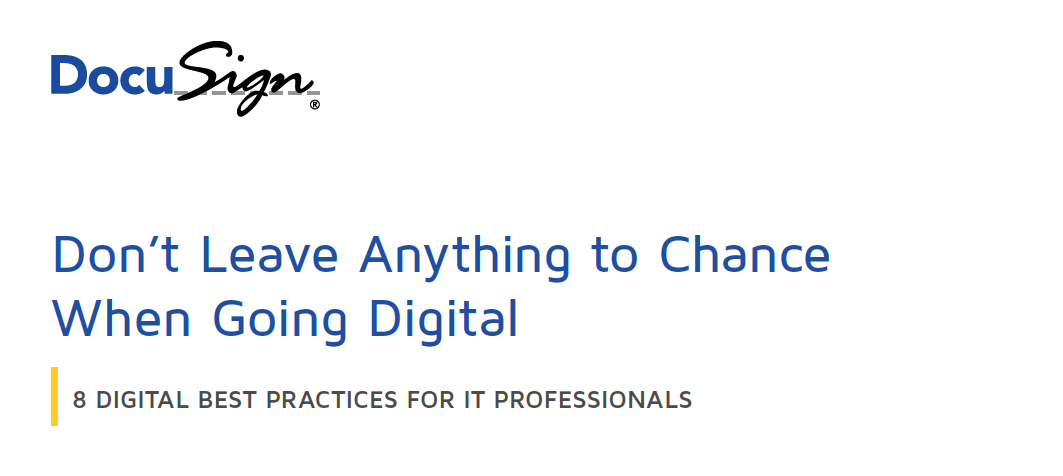Is a tech MBA worth it?
An MBS can get you ahead in business, but it is worth the headache and cost


Sign up today and you will receive a free copy of our Future Focus 2025 report - the leading guidance on AI, cybersecurity and other IT challenges as per 700+ senior executives
You are now subscribed
Your newsletter sign-up was successful
Alibaba co-founder Jack Ma has one. So does Susan Wojcicki, CEO of YouTube. Satya Nadella, head honcho at Microsoft, earned his, as did Apple's leader Tim Cook. With tech luminaries like these sporting a master's in business administration on their resumes, shouldn't all aspiring senior managers in the tech space have one too?
The picture isn't quite that simple. Mark Zuckerberg dropped out of Harvard without an MBA, as did Bill Gates. Others without one include Snap CEO Evan Spiegel, Uber's Dara Khosrowshahi, and Elon Musk, all of whom seem to be doing quite well.
At least some of the tech CEOs not in the MBA club went it alone and created their own companies. But not everyone has the drive or luck to found a successful company of their own.
So, is it worth getting those prized three letters or not?
Where business and tech meet
With tech innovation directly linked to revenue generation, business leaders are beginning to value senior technology managers who understand the business and the technology sides, says Craig Freedberg, associate director at Robert Half UK.
"As a result, we are seeing an increase in the requirement for technology professionals who possess not only technological nous but also heightened commercial awareness if they want to progress into leadership roles," he explains. "Where a technology professional can demonstrate both their expert technological knowledge coupled with a commercial understanding, they are able to amplify their contribution to the business."
Sam Wallace, global head of the technology practice at international executive search company Carmichael Fisher, says an MBA can provide a much-needed boost to get people from an operational technology role into management. "Oftentimes people are looking for the engineering undergrad and then the MBA," she says. "It demonstrates the combined capabilities of the business acumen with the technical acumen."
Sign up today and you will receive a free copy of our Future Focus 2025 report - the leading guidance on AI, cybersecurity and other IT challenges as per 700+ senior executives
Speeding up the program
So, an MBA could propel you up the corporate ladder, but it's a big commitment. Traditionally, it takes two additional years of full-time study to earn this qualification, and you'll pay north of $70,000 per year for the privilege in the U.S.
However, there are more short cuts these days, if your sanity can stand it. "It's more accessible for people to do them now," Wallace says. "You can do the executive MBAs so quickly now relative to what it used to be. I think that changed things."
Business school NYU Stern introduced an accelerated one-year MBA program with a technology focus in 2017 that’s designed for those interested in fintech, product management or technology entrepreneurship.
Concentrated study programs like these can bring down the tuition and living costs you'll incur while studying. The downside of an accelerated program is the more concentrated academic workload involved. You'll need heightened focus and the discipline to shoulder bigger assignment loads.
There is also the option to study part-time for an MBA while continuing to work a tech job. That can ease the financial stress, but you can say goodbye to your social life for a while. Despite good intentions, it can be daunting to sit down and write an essay after eight hours of work.
What employers want in a senior manager
Can you get that coveted senior position without an MBA? It depends a lot on your employer, warns Wallace.
"There are two very distinct schools of thought. Some employers are still out there saying that they want MBAs from the top five schools, and that's a prerequisite for their hiring, she says. "The flip side is that there's so much hands-on education. So philosophically, particularly within tech companies, the view is that the MBA is just a piece of paper - it's a nice to have, but not a prerequisite."
An ability to keep abreast of technological developments is an important factor in any technology pro's leap to senior management, Freedberg says. What happens in the classroom can easily fall out of date in the commercial world. Demonstrating the ability to consistently update your skills and knowledge is at least as important as proving your academic chops.
RELATED RESOURCE

8 digital best practices for IT professionals
Don't leave anything to chance when going digital
Another oft-overlooked quality is the personality to lead a team, he adds. "Experience and proven success in technology have always held importance for the tech leaders that we work with. There is an increasing need for professionals who bolster this with demonstrated soft skills," he explains.
Companies seek the communication and interpersonal skills that can gel a team and keep it productive. That skill's acquired through constant practice and may need honing outside the classroom.
So the importance of an MBA for that VP job will range from minimal to crucial, depending on how buttoned-up the employer is and what evidence of prior experience and career progression you can bring to the table.
An MBA will do you a lot of good if you're after a senior technology position in a bank, especially if it's from a prestigious university.
If you're looking for a job at an exciting tech startup, your experience in fast-moving agile environments and your GitHub commit history might be just as important.
Show me the money
So much for anticipating the whims of a hiring manager. How about something more concrete? What can an MBA contribute to your salary?
Here, the data is clearer. According to the National Association of Colleges and Employers, salaries for MBA graduates are on the rise, spiking 8% to $84,580. That's 47% higher than the average $57,657 salary projection for a business graduate with a bachelor’s degree. Salary growth for those with business bachelor degrees are far more modest at just 1.7%.
A lot depends on your current financial and career position when considering an MBA program. Not every tech professional can afford to take time off to go back to school -- age and financial responsibilities have a part to play here too.
Those who can afford a year or two of intense study might treat it as a pivotal point as they prepare for a career switch. The most important thing is to understand what that career path looks like before taking the plunge and see whether there's a way through without incurring the stress and financial burden.
Danny Bradbury has been a print journalist specialising in technology since 1989 and a freelance writer since 1994. He has written for national publications on both sides of the Atlantic and has won awards for his investigative cybersecurity journalism work and his arts and culture writing.
Danny writes about many different technology issues for audiences ranging from consumers through to software developers and CIOs. He also ghostwrites articles for many C-suite business executives in the technology sector and has worked as a presenter for multiple webinars and podcasts.
-
 Salesforce targets telco gains with new agentic AI tools
Salesforce targets telco gains with new agentic AI toolsNews Telecoms operators can draw on an array of pre-built agents to automate and streamline tasks
-
 Four national compute resources launched for cutting-edge science and research
Four national compute resources launched for cutting-edge science and researchNews The new national compute centers will receive a total of £76 million in funding
